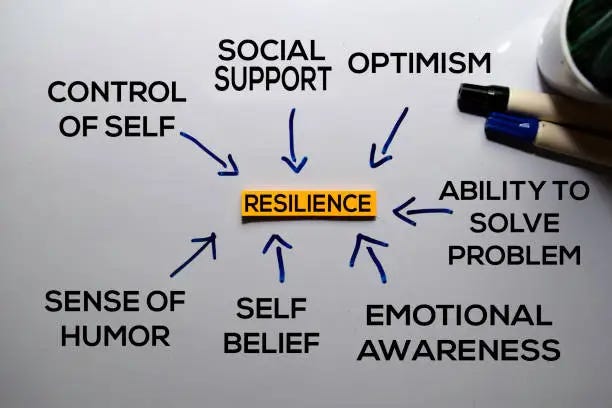Finding Your Inner Strength: Try These 3 Daily Habits to Build Emotional Resilience!
Hey readers,
Let’s chat about something super important: emotional resilience. You know, that ability to bounce back when life throws you a curveball? It’s not about pretending everything’s perfect or never feeling overwhelmed; it’s about how we handle those tough moments. In my book, Reinvent Yourself, I explore how tiny daily habits can really boost your mental strength. Today, I want to share three simple strategies that can help you build your emotional resilience: journaling, self-reflection, and emotional check-ins. Let’s get cozy and dive in!
1. Journaling for Clarity and Emotional Release
First up, let’s talk about journaling. Seriously, if you haven’t tried it yet, you’re missing out! It’s like having a heart-to-heart with yourself. Writing down your thoughts and feelings creates a safe space to let it all out, and trust me, it can feel so freeing.
Personal Story:
Back in my early twenties, I was a total mess—anxiety was my constant companion. I didn’t realize how much I was bottling up until I stumbled upon journaling. At first, I felt silly, but then I started pouring my heart out on the page. Suddenly, I could see my emotions laid out in front of me, and it was like a weight lifted off my shoulders. That’s when I knew I had to keep it up!
How to Start:
- Grab a notebook (or your favorite journaling app) and set aside 5-10 minutes each day to write.
- Focus on what triggered your feelings. What made you smile, frown, or want to throw a pillow?
- Use prompts like, “What’s on my mind today?” or “What am I grateful for right now?”
Curious about how journaling can work wonders? Check out my post on Pen to Paper: Stress-Relieving Benefits of Journaling
2. Self-Reflection for Growth
Next, let’s chat about self-reflection. This isn’t just about looking back on your day; it’s about digging deeper and asking yourself the tough questions. The more you reflect, the more you understand yourself and your emotional patterns.
"We can’t always control what happens, but we can control how we reflect on it."
In Reinvent Yourself, I share how self-reflection helped me pinpoint what was really holding me back. Sometimes, the root of our stress isn’t the situation itself but how we choose to react. By taking a moment to reflect, we can turn obstacles into valuable lessons.
How to Start:
- Pick a time each week—maybe Sunday evenings—when you can chill and think about your highs and lows.
- Ask yourself: “What emotional patterns did I notice this week? Did anything surprise me?”
- Focus on what you learned. For example, “How could I have handled that stressful situation better?”


